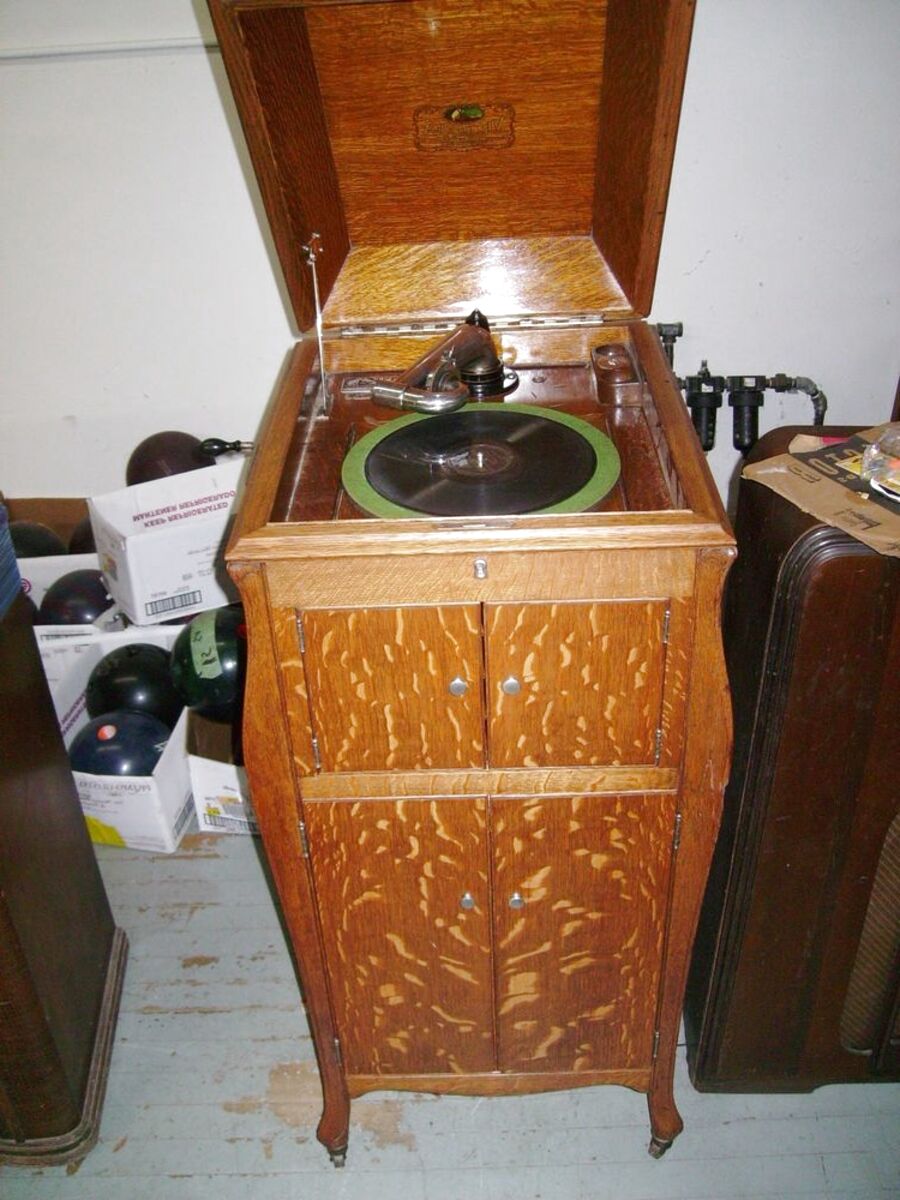
They’re often purchased and kept over decades to build collections, upcycled into art pieces, or donated to charities and secondhand shops. The good news is that vinyl records are rarely thrown away in comparison to other plastic goods. The production process is hard on the environment too, typically requiring fossil fuels, anti-corrosive chemicals to prevent rusting, and plastic-based packaging. Most records are made with PVC (aka plastic), which we already know takes hundreds of years to decompose.

But today, when you can open Spotify to instantly source music to match your mood, weather, or even intimacy level, it’s worth considering the long-term ethics. If you, too, are hoping to get your hands on some old-school vinyl and a vintage record player, you’re in the right place.īut first, there’s no sugarcoating it: The materials and production of vinyl aren’t exactly sustainable.īack when vinyl was the only real source for in-home entertainment, being green wasn’t necessarily top of mind after all, Edison invented the first-ever record back in the 1880s. And sales increased almost 30 percent in 2020, raking in a massive $620,000,000.

In 2019, vinyls were poised to outsell CDs (remember those?) for the first time since 1986.

It seems I'm not alone in preferring records over streaming.


 0 kommentar(er)
0 kommentar(er)
